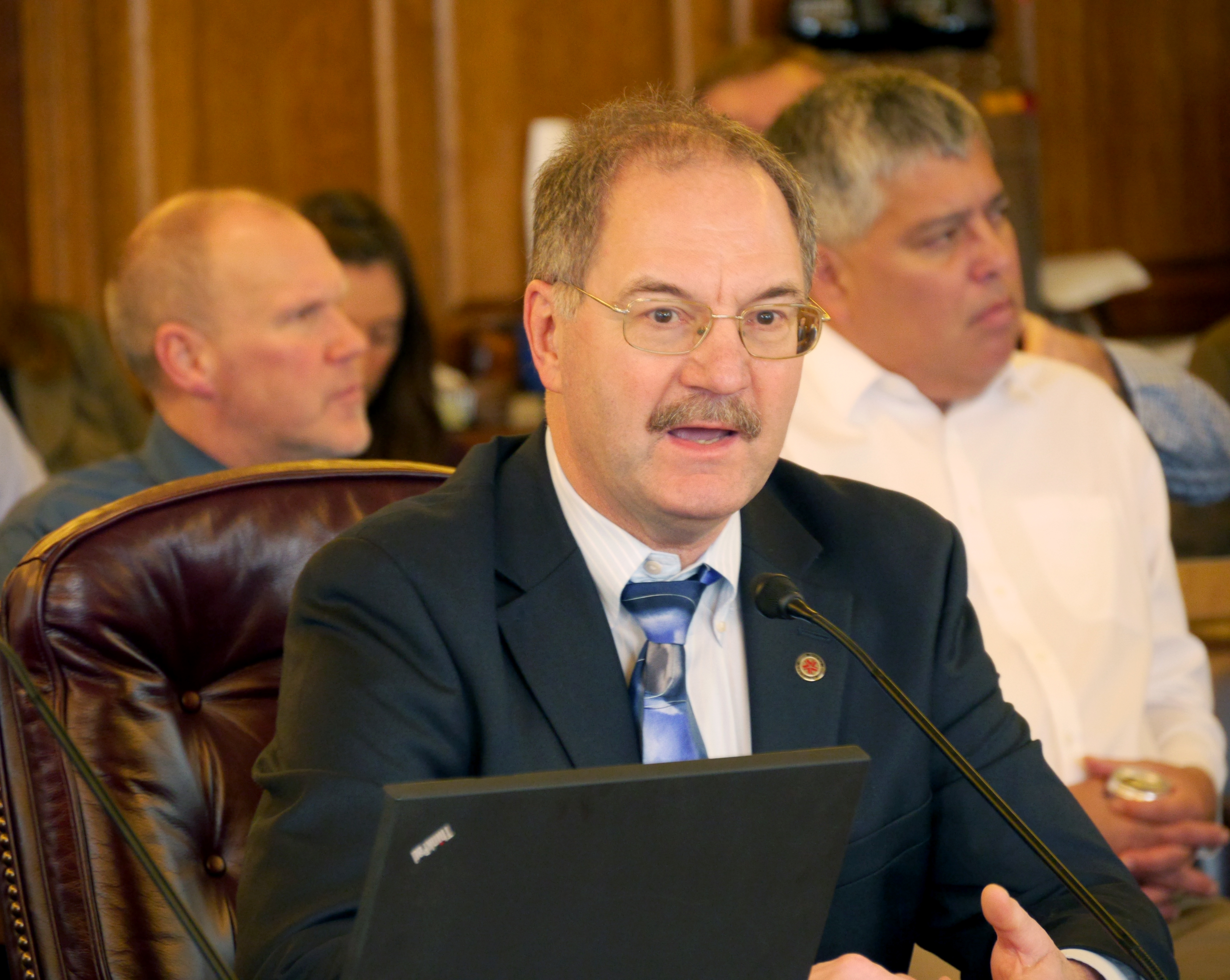
Alaska’s budget reserves could be gone in 10 years if the state government doesn’t take action to balance its budget, the Legislature’s nonpartisan finance expert said Wednesday (Feb. 15).
Legislative Finance Director David Teal said that by 2027, whether Alaskans receive Permanent Fund dividends each year would depend on annual Fund earnings.
“You would earn money in (fiscal year) ’27, and you just don’t know whether those earnings in that year would be sufficient to make the payments,” Teal said.
In a House Finance Committee hearing, Teal mapped out different scenarios for the state government’s future, based on the plans put out by Gov. Bill Walker and lawmakers. Under Walker’s plan, the state budget would be stable and Permanent Fund dividends would also be relatively flat, at $1,000.
A House Finance Committee bill, House Bill 115, would reintroduce an income tax.
According to a model that Teal’s office built, the bill would allow for higher dividend growth than Walker’s plan. And it would close the state’s deficit sooner.
North Pole Republican Rep. Tammie Wilson said there would continue to be room for dividends if the state makes deeper cuts to government. She noted that the Republican-led Senate majority has called for $750 million in budget cuts over the next three years.
“The bigger question – as you just said, if we don’t reduce the budget – is: Does government grab all that money for themselves and tell the people, ‘Too bad, you don’t get any’?” Wilson said.
State Revenue Commissioner Randall Hoffbeck said there’s little to no room for further cuts, without eliminating services that residents depend on, or pushing the tax burden onto local municipalities.
“So, essentially, state expenditures cuts that don’t recognize ongoing needs are pass-through solutions – they’re simply taking the state’s burden and putting it on somebody else,” Hoffbeck said.
Hoffbeck said that if the state cut its payments to municipalities – including a 10 percent cut in school aid – property tax payers would be hit. He estimates that owners of houses assessed at $300,000 could pay as much as $1,500 more each year in property taxes.
The House Finance Committee will hear public testimony on the income tax and Permanent Fund bill on Friday (Feb. 17).
Andrew Kitchenman is the state government and politics reporter for Alaska Public Media and KTOO in Juneau. Reach him at akitchenman@alaskapublic.org.




